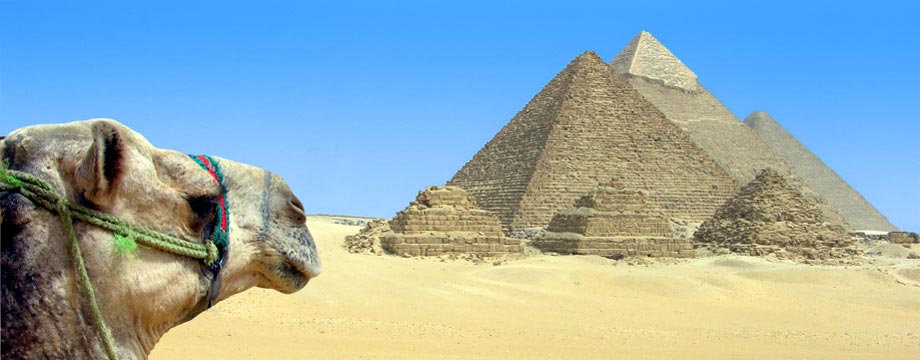It’s been over 10 years since I’ve been to Hangzhou — given the rate of change, that time might as well be a century.
The city is about 3 hours south of Shanghai, along the coast, with over 6 million inhabitants (China has something like 90 cities with a population of more than 1 million). The trip yesterday was on a fairly uncrowded superhighway (for contrast, see my India blog from two years ago), where we stopped for lunch at a most unusual “mall.” According to our guide, the mall was built by the province (Zhejiang) as a showcase for local small business/manufacturers. Hence, there were three enormous buildings with small shops — one for leather, one for furs, and one for shoes. Size was numbing, but the idea of introducing suppliers and consumers was one that would play an important part in our site visits today.
Hangzhou’s claim to fame (in part) was its tenure as the capital of China for a few hundred years nearly 1,000 years ago; the Song dynasty fled here when the Jurchen Mongols invaded Xi’an and conquered that part of the country. As the gathering point for food (read: rice) destined for the North, Hangzhou played an important role because it sits where the Grand Canal begins. It also has West Lake, one of the famous sites of China, where I hope to spend part of the day tomorrow before we fly to Guangzhou. Despite its history, not much is left; the city has been destroyed several times, most drastically, I believe, during the Taiping Rebellion in the 19th century. Happily for me, since I’ve been here last, the government has rebuilt a lot of things — there’s a “Song dynasty street” for example, and parts of the wall.
Our hotel sits a half block from the lake, near the Porsche, Lamborghini, and Maserati dealers (in the high-rent district). Yesterday, we went to a restaurant on the lake, famous for its “bagged chicken” (wrapped in banana leaf and baked in mud), and West Lake sweet and sour fish (I’ve made a variant of it, but didn’t use the authentic West Lake fish).
We had two visits today. One was to a famous Chinese company, Alibaba, an Internet “matchmaker” that brings together small and medium sized businesses with wholesalers and retailers. It is the ultimate business to business website, the brainchild ten years ago of Jack Ma, at the time a professor of English at the local university. It has a domestic and an international site. Its business model is to sign up members, and it is the only company in the group which is listed on a stock exchange (Hong Kong); the public offering in 2007 was second only to Google’s. Building on Alibaba, he added Taobao, a Chinese eBay/Amazon which now has 90% market share (listings are free), and Alipay, which is a Paypal look-alike. The founders expect Taobao to do more retail in 5 years than Wal-Mart. The company strikes me as physically resembling Google/Yahoo, with Ping-Pong tables, foosball games, strange configurations of furniture; they told us the average age was 26, and I think the standard deviation might well be 1. Hardly anyone is gray-haired. Yahoo owns around 40% of the company, which, in turn, is the arm of Yahoo China. It was an interesting visit at an aspiring high-tech company.
The second visit was to an “old economy” company with a wrinkle. Harsco is an American steel company in a joint venture with Hangzhou steel and iron. The Chinese company is state owned, which meant that a member of the federal bureaucracy was at our meeting. In addition, the company has a union, which is responsible for motivating employees (interestingly, the Chinese forced a union on Wal-mart, but the unions are not like American unions; they do not get involved, for example, in collective bargaining. Hangzhou Iron and Steel is the 91st biggest company in China, involved in real estate, mines, hotels, and education. We toured a joint venture involved in a “service” business; Harsco is helping the Chinese company recycle iron slag; the Chinese company has a 20% share in the JV. I hadn’t realized that the Chinese government no longer gives tax breaks to joint ventures or locals, but there can be advantages to having a joint venture; Harsco benefits because the Chinese government is attempting to minimize the impact of industry on the environment. Our speaker, a Chinese-American with an MBA from the University of Washington, also told us that China is addressing the overcapacity in steel making by forcing consolidation and in some cases closing companies.
Quite a worthwhile day from a personal and professional standpoint. It’s been fun being back in Hangzhou, which has a reputation of being a place where Chinese enjoy their leisure. It’s certainly more laid back than Shanghai.
Incidentally, I read the Shanghai Daily and realized that Shanghai Automobile Industrial Corporation is a joint partner with GM, but also with Volkswagen — in addition to introducing its own car that will compete with both companies in China, and eventually in the U.S. In addition, someone told me that the Chinese-designed cars selling in China today will be introduced in the U.S. in about 16 months, which will give GM time to make sure there are no quality problems.
Have a good weekend.

